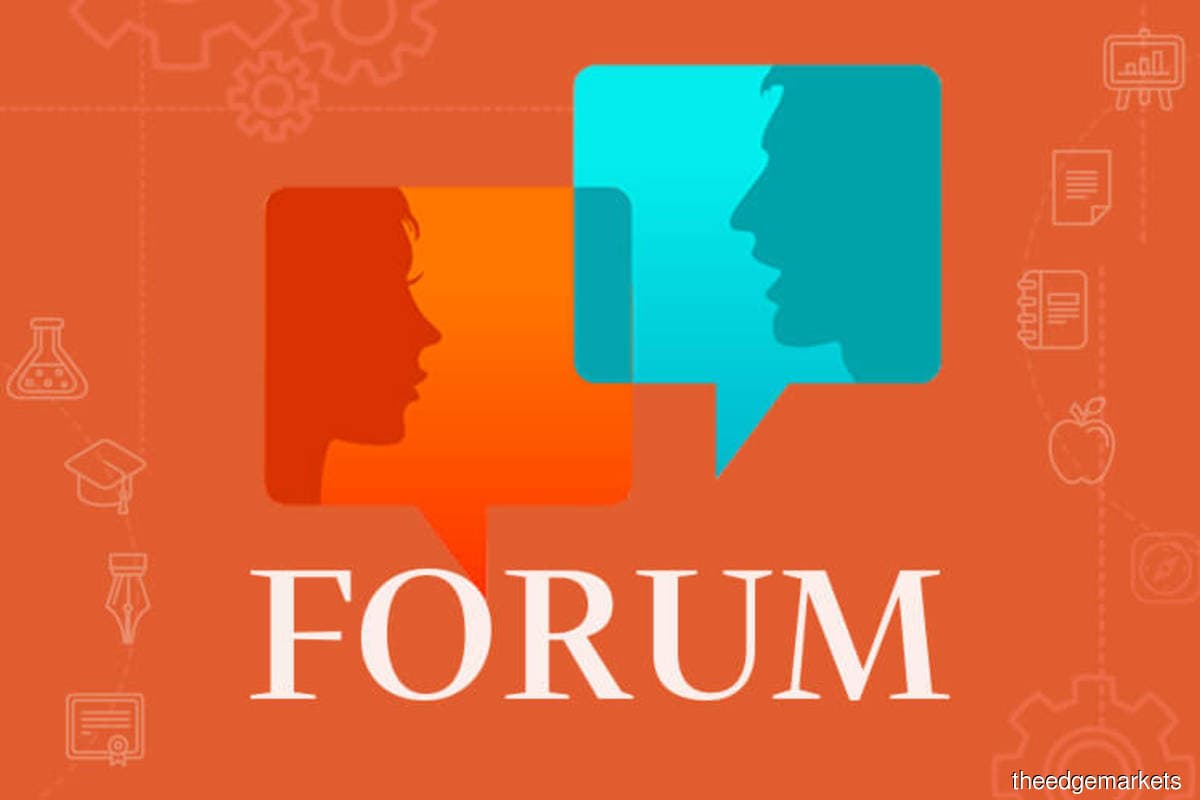
This article first appeared in Forum, The Edge Malaysia Weekly on February 6, 2023 - February 12, 2023
Julius Caesar’s name would not be in the history books today if he had not been so arrogant and proud when conquering territories and making his stamp on the world. In his time, humility was seen as a weakness. It was the pompous and proud who achieved greatness. Today, it is a very different story.
“Humility is one of the most important qualities you must have. If you are humble, if you make people realise that you are no threat to them, then people will embrace you and they will listen to you.”
These wise words came from the man who went to jail for 27 years in total in his fight against apartheid. Nelson Mandela said this in 2000 on The Oprah Winfrey Show.
We would do well to learn from Mandela.
Humility is a value that is lacking today. In an era in which young people are expected to brag about their abilities and skills to get a job or to hype their achievements to gain a following on social media, is humility still valued? Does it have a place in society in the 21st century?
Humility is not just about playing down our triumphs and being coy when we receive compliments. It is also the ability to see ourselves as we are. That includes recognising our strengths and successes while being aware of our flaws, shortcomings and limitations.
As the world advances, humility has been increasingly seen as a traditional value. Some still view it as a frailty. What we often forget is that humility emanates from a position of strength. It comes from an ability to step back and to bring out the best in others as well as the desire to learn from those around us.
In 1992, India’s president, A P J Abdul Kalam, admitted at a conference that he had very little knowledge about patents, their importance and what his organisation, the Defence Research and Development Organisation (DRDO), could do. On the advice of Dr Raghunath Anant Mashelkar, the director of the National Chemical Laboratory, he immediately set up patent cells in each of the 50-plus DRDO laboratories.
Good leaders do not assume that they have the answers or know the best way forward. They are not embarrassed to admit when they do not know something; they are willing to listen to those who have the knowledge and whom they can learn from.
It takes humility to listen to others and take subordinates' views into consideration. It starts with admitting that we do not know everything.
Good leaders are not those who do not make mistakes; they acknowledge that they are fallible and own up to their errors and shortcomings. They can accept criticism and recognise when and where help or external output is needed.
Leaders would be foolish to think that their followers believe they are perfect and that they always make the right decisions. Nobody is flawless. We are not super humans. We are mere mortals who make mistakes and, hopefully, learn from them.
Proud are the people who think others respect them if they always make the right choices and decisions. Humble and wise leaders know it is just the opposite. Adopting a growth mindset enables leaders to know when to say “the buck stops here”. Rather than blaming their subordinates, they admit their wrongdoing, find out why it happened, learn from the experience and ensure they do not repeat errors.
Humility is not important only in leaders. It is often undervalued in non-governmental organisations as well. An NGO that is humble will be able to collaborate with others and strengthen relationships. There would be a symbiotic learning relationship and a willingness to give and take for the betterment of society, community, the country and the world.
Humility teaches us to be less self-involved and more attuned to the feelings of others. When we are sensitive to the needs of others, we become more accessible and compassionate to them and their needs.
As the bridge between those in a position to effect change and those who need assistance, NGOs often find themselves in a unique position. An NGO not attuned to the needs of others will be unable to help the underprivileged. It is easy to lose track of humility when people keep coming to you for assistance and place you on a pedestal.
This is when a level head is needed. NGOs need to remember the reason they were founded and their mission. Remaining humble will help organisations stay true to their original aims while continuing to innovate and develop programmes and projects for the good of society.
A bonus is public, corporate and government perception of the NGO. NGOs rely solely on donations and grants; therefore, maintaining the correct image is important to gain the public’s favour and trust. An NGO that remains humble and is willing to work with everyone will be in a better position to gain the trust of the public, government and corporate citizens whom they rely on for donations.
NGOs are not just organisations; they comprise individuals. Humility begins with us, the individuals in each organisation. We set the precedent for others to follow. It will take time for humility to become part of our culture, but it can be done. After all, Rome was not built in a day.
Farahida Mohd Farid is the general manager of the National Cancer Council (Makna)
Save by subscribing to us for your print and/or digital copy.
P/S: The Edge is also available on Apple's AppStore and Androids' Google Play.